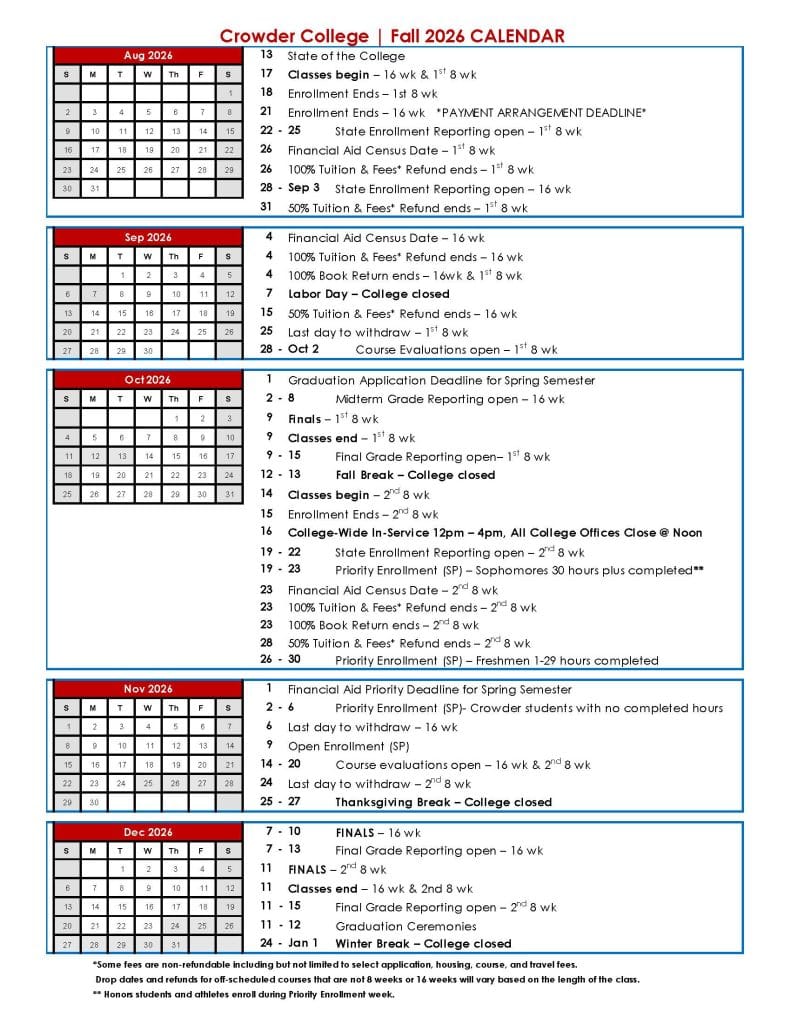As we step into 2026, businesses are gearing up to navigate through various tax reporting requirements, including the crucial 941 Schedule B form. Understanding the intricacies of the 941 Schedule B for 2026 is paramount for businesses to ensure compliance and avoid penalties.
The 941 Schedule B serves as a supplement to Form 941, detailing the employer’s tax liability for each employee. It plays a significant role in reporting federal tax deposits accurately. In this blog, we will delve into the key components of the 941 Schedule B for 2026, shedding light on important updates and essential information that every employer should be aware of.
Introduction to the 941 Schedule B 2026
The 941 Schedule B 2026 is a crucial form used by employers to report the federal tax liabilities. It provides a detailed breakdown of the taxes owed throughout the year, ensuring compliance with IRS regulations.
Key Components of 941 Schedule B 2026
Understanding the different sections of the 941 Schedule B 2026 is essential for accurate reporting. This form includes information on federal income tax withheld, social security tax, Medicare tax, and more.
- Federal Income Tax Withheld: This section details the amount of federal income tax that the employer has withheld from employees’ paychecks.
- Social Security Tax: Employers are required to report the social security tax withheld from employees’ wages.
- Medicare Tax: The 941 Schedule B 2026 also includes a section for reporting the Medicare tax withheld from employees.
Importance of Filing 941 Schedule B 2026
Properly filing the 941 Schedule B 2026 is crucial to ensure compliance with IRS regulations and avoid penalties. By accurately reporting tax liabilities, employers can fulfill their tax obligations and prevent potential issues with the IRS.
Failure to file or inaccuracies in reporting can lead to fines and other consequences, making it essential for businesses to complete this form correctly.
Importance of the 941 Schedule B
The 941 Schedule B form is a crucial document for businesses that file quarterly tax returns. It provides a summary of total tax liabilities and payments made throughout the quarter. For the year 2026, understanding and accurately filling out the 941 Schedule B is essential to avoid penalties and ensure compliance with the IRS regulations.
Benefits of Filing 941 Schedule B Timely
Timely filing of the 941 Schedule B enables businesses to maintain a good standing with the IRS and avoid potential fines. It also helps in accurately tracking tax liabilities and payments, ensuring proper financial management.
Updated Reporting Requirements for 2026
For the year 2026, there may be updated reporting requirements on the 941 Schedule B. It is crucial for businesses to stay informed about any changes to ensure compliance and avoid issues during tax filing.
Businesses should stay informed about any new requirements in 2026 to submit accurate information.
What is Included in the 941 Schedule B 2026
The 941 Schedule B 2026 is a crucial attachment to Form 941, detailing the employer’s record of federal tax liabilities and deposits. It includes essential information such as:
Employer Identification
The Schedule B contains the employer’s identification number (EIN), ensuring accurate identification and tracking of tax liabilities.
The EIN is a unique nine-digit number assigned by the IRS.
Tax Liability Breakdown
It breaks down the tax liabilities into categories such as federal income tax withheld, social security tax, and Medicare tax.
- Federal Income Tax Withheld
- Social Security Tax
- Medicare Tax
How to Prepare Your 941 Schedule B
Preparing your 941 Schedule B for the tax year 2026 is crucial for accurate reporting and compliance. Follow these steps to ensure you are ready to file:
Gather Required Information
Collect details on total taxes, deposits made, and other relevant data for the quarter.
Double-check everything for accuracy and completeness.
Complete the Form
Fill out the 941 Schedule B form with the information you have gathered.
Review the form thoroughly to ensure all figures are correct and match your records.
Submit Electronically
Consider e-filing your 941 Schedule B for faster processing and confirmation.
Keep a copy of the submitted form for your records.
Common Mistakes to Avoid
When dealing with the 941 Schedule B 2026, there are some common mistakes that you should steer clear of to ensure accurate reporting and compliance.
1. Incorrect Employer Identification Number (EIN)
One critical mistake to avoid is entering the wrong Employer Identification Number (EIN) on your 941 Schedule B form. This can lead to discrepancies in your payroll tax filings.
2. Omitting or Misreporting Employee Wages
Another error to avoid is omitting or misreporting employee wages on the 941 Schedule B. Make sure to accurately report all wages, including tips and other compensation, to avoid penalties and fines.
3. Failing to Reconcile with Form 941
It’s crucial to reconcile the information on your 941 Schedule B with your Form 941 to ensure consistency and accuracy in your tax filings. Failing to do so can lead to discrepancies and potential audits.
Tips for Filing Your 941 Schedule B Efficiently
Filing your 941 Schedule B for the year 2026 requires careful attention to detail and accuracy. Here are some tips to help you streamline the process:
Organize Your Records
Before you begin filling out your 941 Schedule B form, ensure that all your payroll records for the year 2026 are well-organized and up-to-date.
Keeping detailed records will make it easier to accurately report your payroll taxes on the form.
Double-Check Your Figures
When entering wage and tax information on your 941 Schedule B, be sure to double-check all figures for accuracy.
Any mistakes or discrepancies could lead to penalties or delays in processing.
Submit On Time
Ensure that you submit your 941 Schedule B for the year 2026 on or before the deadline to avoid any late filing penalties.
Mark your calendar with the due dates to stay ahead of schedule.
Understanding the Significance of 941 Schedule B for Businesses
The 941 Schedule B form is crucial for businesses to report tax liability and deposit federal taxes accurately. In the year 2026, understanding the ins and outs of the 941 Schedule B is more critical than ever.
Importance of 941 Schedule B
941 Schedule B plays a vital role in reconciling the total tax liability reported on Form 941. Businesses must accurately fill out this form to avoid penalties and ensure compliance with IRS regulations.
Submission Deadlines and Requirements
Businesses must file 941 Schedule B 2026 along with Form 941 by the quarterly deadlines to report the total tax liability for each payroll period. Failure to submit this form on time can result in fines and interest charges.
Frequently Asked Questions
- What is the 941 Schedule B?
- The 941 Schedule B is a form provided by the Internal Revenue Service (IRS) for employers to report their tax liabilities. It is often used in conjunction with Form 941, which is the Employer’s Quarterly Federal Tax Return.
- Why is the 941 Schedule B important?
- The 941 Schedule B is important because it helps the IRS track and reconcile tax liabilities for employers. It provides detailed information about the taxes owed, paid, and any adjustments that may be necessary.
- What information is required on the 941 Schedule B?
- The 941 Schedule B typically requires employers to report details such as the total tax liability for the quarter, total deposits made, adjustments to the liabilities, and any overpayments or underpayments.
- How often do employers need to file the 941 Schedule B?
- Employers are required to file the 941 Schedule B along with Form 941 on a quarterly basis. This means that it should be filed four times a year to report tax liabilities for each quarter.
- Are there any penalties for late or incorrect filing of the 941 Schedule B?
- Yes, there can be penalties for late or incorrect filing of the 941 Schedule B. Employers may face fines or other consequences for failing to file on time or provide accurate information.
Closing Thoughts
As we wrap up our exploration of the 941 Schedule B 2026, it’s clear that this form plays a crucial role in ensuring compliance and accuracy in tax reporting for employers. Understanding its purpose, when to use it, and how to fill it out correctly is essential to avoid penalties and unnecessary hassles with the IRS.
By outlining the key changes and requirements for the 2026 version of the 941 Schedule B, we have provided you with valuable insights that will help streamline your payroll processes and stay on top of your tax obligations.
Remember, staying informed and being proactive in your tax preparation can save you time and resources in the long run. Be sure to consult with a tax professional if you have any uncertainties or need further guidance on completing the 941 Schedule B accurately.



